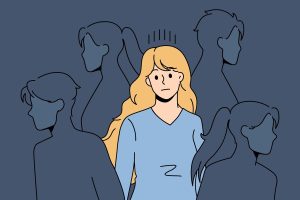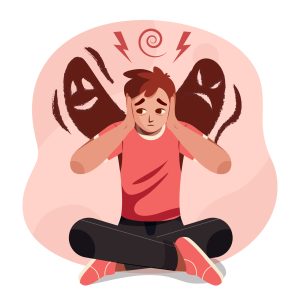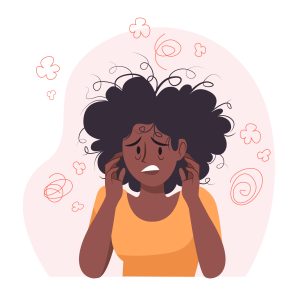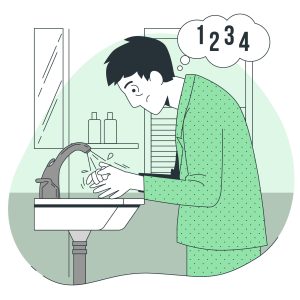
Here’s The Truth About Feeling Lonely
The world is more connected than ever. Think about this, a mere click connects us to the other side of the globe. Social media buzzes

The world is more connected than ever. Think about this, a mere click connects us to the other side of the globe. Social media buzzes

Trauma can create a lens through which you view the world as an unsafe, unpredictable, and unwelcoming place. This distorted view can extend to your

So, you have tried having “the conversation” with your partner about going for couples counseling. You went in with hope, and a tinge of excitement

Anxiety In Teenagers And Its Significance Adolescence is a crucial period marked by significant physical, emotional, and cognitive changes in an individual. Teenagers see these

Adolescence is a time of many shifts, both in the mind and the body. It is a transformative period, where there is a growing curiosity

What Is Sadness? Sadness is a basic human emotion. It’s a natural response to situations that cause emotional, psychological or physical pain. You can feel

How To Approach Mindfulness During Stressful Situations? In today’s times, mindfulness practices have become pretty well known as stress management practices. Even if one does

What is Agoraphobia? Agoraphobia comprises two words of Greek origin. “Agora” means “open or public space” and “phobos” means fear. Thus, agoraphobia is a type

Depression is one of the most common mental health disorders. Currently, around 5% of adults in the world are suffering from depression. With a large

OCD is a deeply misunderstood disorder. Often, we see people around us referring to someone as being “extremely OCD,” when they are talking about someone

We specialize in combining psychotherapy with deep wellness practices like mindfulness and meditation and creating a customized mental health plan for individuals and organisations.
We specialize in combining psychotherapy with deep wellness practices like mindfulness and meditation and creating a customized mental health plan for individuals and organisations.

A young woman from another country moved with her family to live for one year in a town near the monastery. When, in the course of the year she discovered the monastery, she would periodically visit to have discussions with the Abbess. The Abbess introduced her to meditation, which became very meaningful for the young woman.
When the family’s year-long stay was drawing to an end, the young woman asked the Abbess, “In my country there is no Buddhism and no one has even heard about meditation. How can I continue to learn and deepen the practice you have started me on?”
The Abbess said, “When you return home ask far and wide for who, among the wise people, is recognized as having the greatest ability to listen. Ask that person to instruct you in the art of listening. What you learn about listening from such a person will teach you how to further your meditation practice.
― Gil Fronsdal, A Monastery Within: Tales from the Buddhist Path